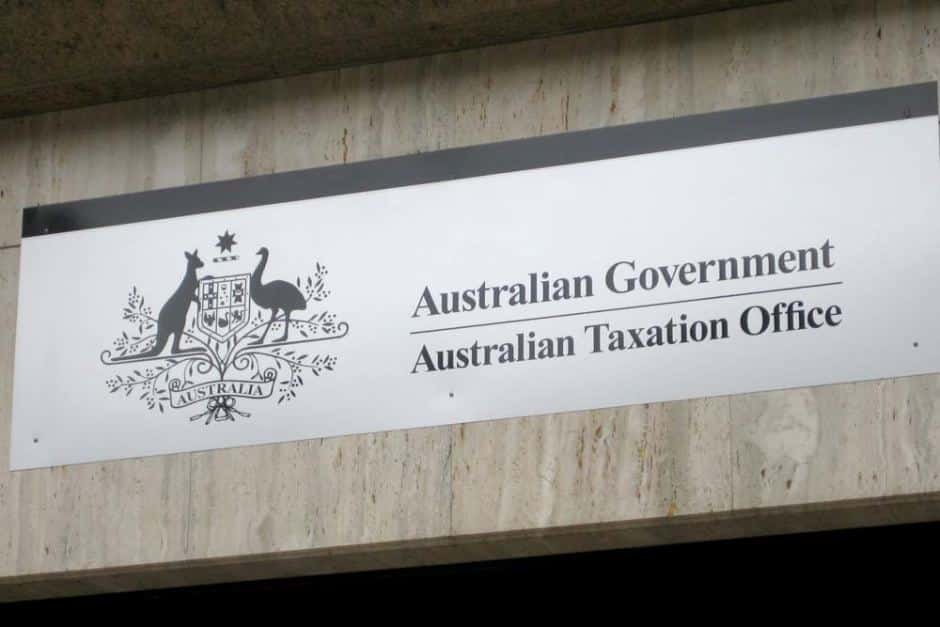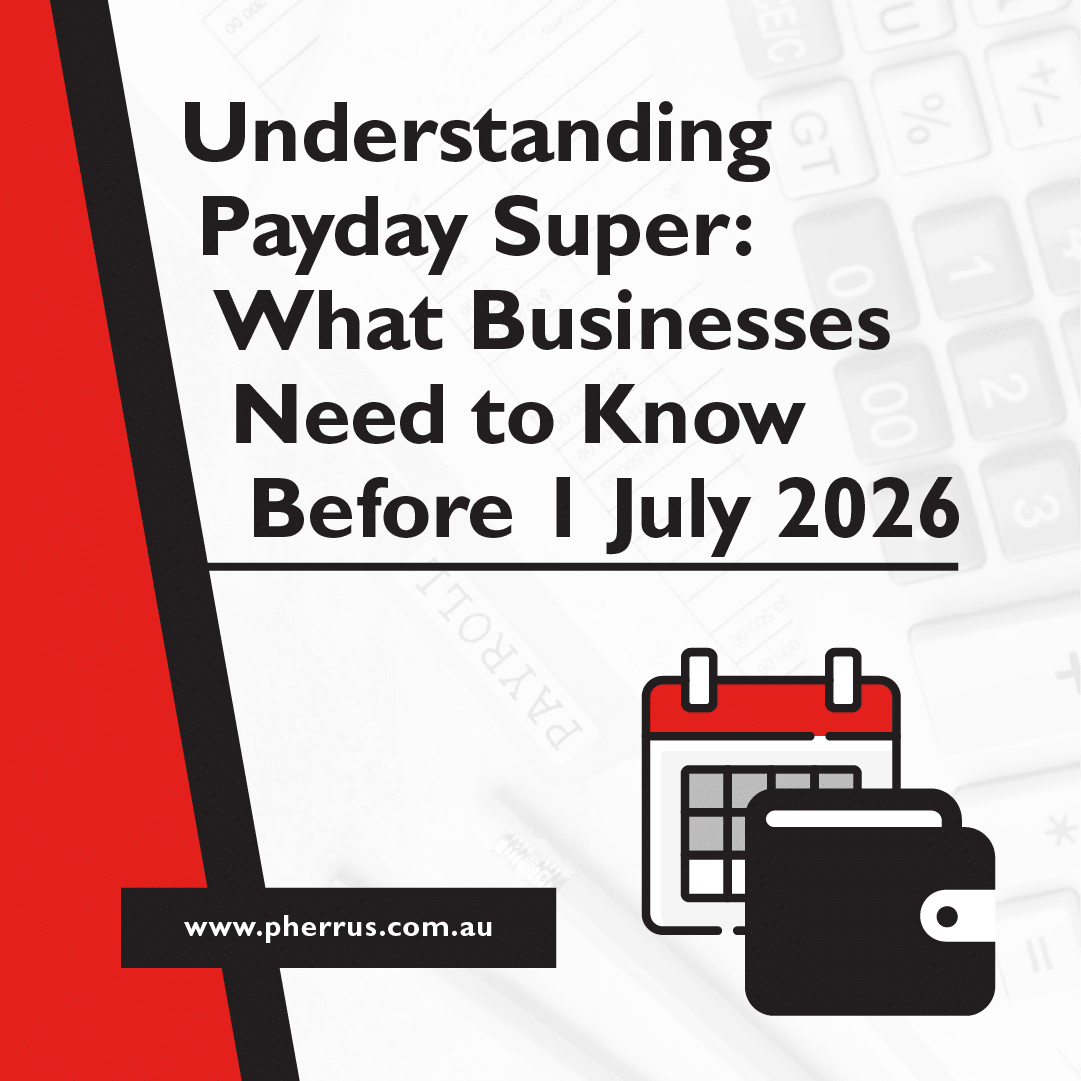At the beginning of each financial year, the Australian Taxation Office (ATO) announces a Tax Ruling. This outlines any changes made to the effective lives of assets – typically plant, equipment, and commercial property assets.
This year, however, in tax ruling (TR) 2019/5, the ATO detailed several changes to residential property assets. These changes are the first of their kind in the last 14 years.
Effective life changes in TR 2019/5
Effective July 1, 2019, the life changes outlined in TR 2019/5 represent more practical, realistic effective lives for assets commonly found in Australian homes. This includes the following:
- Home appliances, including dishwashers, washing machines, clothes dryers, and microwaves
- Electronics, including television sets and telephone handsets
- Carpet
- Free-standing bathroom accessories
Along with changes made to the above, several new home assets were added. This includes:
- Water heaters
- Skylights, including their controls and motors
- Water pumps, including rainwater tanks
- Roller blinds
- Swimming pool covers
Common and lucrative changes outlined in TR 2019/5
Among the residential items changed in TR 2019/5, the following two stand out as the most common and potentially lucrative.
Changes made to the effective life of free-standing bathroom accessories
More than 99 per cent of residential property depreciation schedules completed last financial year included free-standing bathroom accessories.
Under the new changes, their effective lives were reduced from five years to three.
Changes made to the effective life of carpet
Carpet proved to be one of the most lucrative assets, with an estimated $30 million in total deductions claimed in the 2018/19 financial year. That’s an average of $3,567 in deductions for each report lodged.
In TR 2019/5, the effective life of carpet was reduced from ten years to eight.
What do the changes outlined in TR 2019/5 mean for property investors?
Put simply, the changes made to the effective lives of residential assets mean that the ATO believes that the assets in question depreciate faster. They require replacing more often than previously thought.
These changes are set to influence property investors as they decide whether or not to make improvements and replacements in the homes they own. Shorter effective lives of assets could also enhance tenants’ quality of life, as they gain access to new appliances and electronics sooner.
Commercial changes outlined in TR 2019/5
Residential assets were not the only thing under examination in the ATO’s latest tax ruling. TR 2019/5 made adjustments to the effective lives of assets found in several industries, including:
- Banking, credit unions, and building societies
- Insurance services
- Scientific analysis and testing
- Wholesale trade operators
- Retirement villages
How to learn more about TR 2019/5
You can learn more about the changes made in TR 2019/5 on the ATO’s website. There, you will find a comprehensive summary of all adjustments to both residential and commercial assets.
Alternatively, get in touch with our friendly, knowledgeable team. We’d be more than happy to answer any question about the latest tax ruling and explain how it affects you. Call today on (02) 9099 9109 or visit our contact page.




